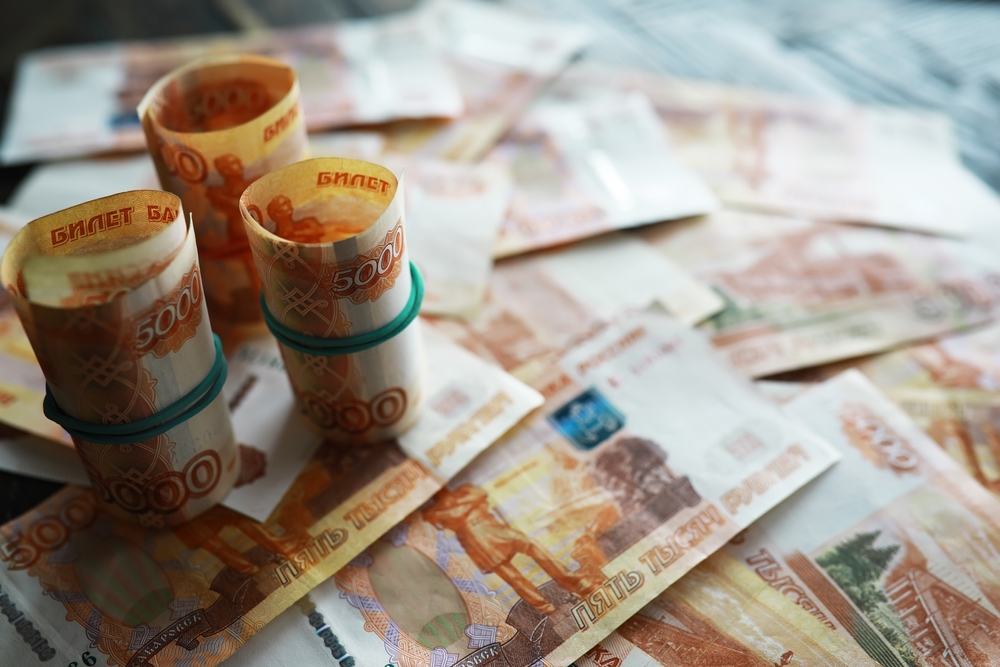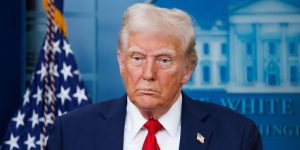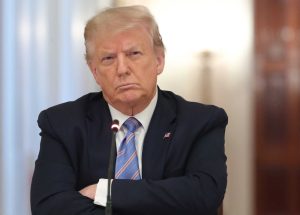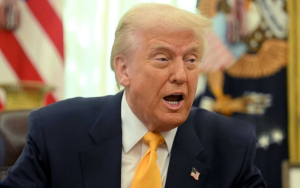Money Laundering Network Supporting Russian Elites and Criminals Disrupted by U.S. and UK
Others are reading now
The U.S. and the UK made an announcement on Wednesday about breaking up a large global money laundering network.
This network was used by wealthy Russians to avoid sanctions. The UK said it also helped criminals, drug traffickers, and spies launder money, writes Digi24.
The operation was called “Operation Destabilise” and involved law enforcement from 30 countries, including France, Ireland, and the UAE.
The operation has led to 84 arrests and the seizure of more than £20 million ($25 million) in cash and cryptocurrency.
Also read
The network spanned from the UK to South America and the Middle East. It supported organized crime worldwide.
The U.S. Treasury Department said it imposed sanctions on people and groups connected to this network.
These individuals helped wealthy Russians use cryptocurrencies to dodge sanctions imposed after Russia invaded Ukraine in 2022.
The Treasury placed sanctions on five individuals and four entities related to the TGR Group, which was part of the network. They used stablecoins backed by U.S. dollars to evade sanctions.
Bradley Smith, the acting undersecretary for terrorism and financial intelligence, explained that Russian elites tried to exploit digital assets, especially stablecoins, to enrich themselves and support the Kremlin.
The UK’s National Crime Agency (NCA) said the TGR Group worked alongside another group called “Smart.” Smart helped sanctioned Russians access the financial system.
The NCA also said it was the first time they had linked Russian elites, cybercriminals, and drug gangs to the same illegal network.
The NCA pointed out that cryptocurrency played a big role in enabling these activities. It said criminal groups in Russia with access to cryptocurrency could connect with drug gangs in the UK.
The gangs would exchange cash for virtual currency, which could be laundered through businesses like construction companies.
Once the exchange was made, they could buy more drugs or weapons without transferring physical money across borders.








